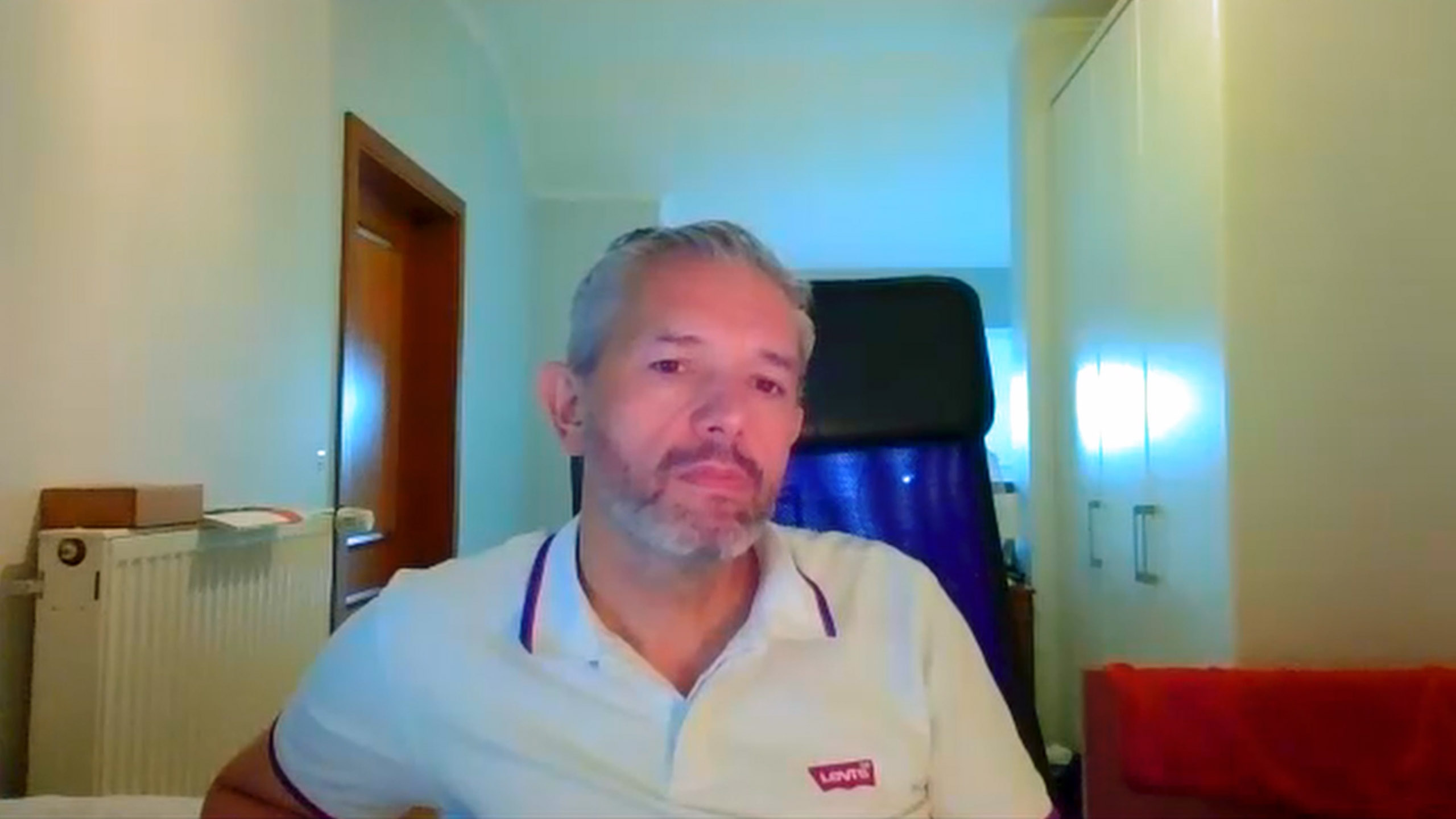
The Importance of Languages
Former VP, Amazon Logistics Europe
inpractise.com/articles/amazon-language-adv
Why is this interview interesting?
- How optimized languages in each European country provides Amazon with an advantage
Philippe Hemard
Former VP, Amazon Logistics Europe
Interview Transcript
Is it very important to have a .nl website or a specific country website, in Europe, to give Amazon an advantage?
The only advantage is the language. That’s one of the big differences. If you want to compare the US and Europe, although Amazon talk about the US and Europe as regions, for Amazon, Europe is still an aggregation of countries. One of the big differentiators, is the language. We cannot have one website for all and it’s the reason we have those different websites. Where the Netherlands has been a very big customer, particularly from amazon.co.uk and some of the amazon.de, as well, because there are both some English and some German speakers in the Netherlands, for a long time, we didn’t think it was necessary for them to have their own website.
But when you get to this last thing of having the website in your own language, that helps a lot and greatly improves the conversion and it’s opened to more people in the country. That’s the only reason. It’s the reason why Italy and Spain have their site and Amazon is working, more and more, to open other websites. The key element is the language.
Because of that language advantage on the website, for Amazon, do you think they have a much larger competitive advantage in Europe, as opposed to the US, due to the network? How do you compare Amazon’s potential lead, versus competitors in Europe and the US?
The US is still ahead of Europe, in terms of competitive advantage. In the US, Amazon is very well-advanced, in several aspects. Firstly, it started earlier; it started about three to five years earlier and even earlier compared to Italy and Spain. The language is becoming an issue, however, because it’s not possible for it to be all over Europe, instantaneously. Within the US, by default, you can sell it anywhere in the US as they speak English. You can also get the amazon.com website in Spanish, for the Spanish-speaking population in the US, which is pretty large, particularly in the south. But in Europe, you have to open those sites country by country. Of course, as long as people speak English, you can go on every website, because on most of the website, there is the option to translate into English. But if you want it in your native language Amazon, unfortunately, has to open one, which they have done and they continue to do. It’s the reason that Amazon is quite well-penetrated into every European country, but still, I believe the fact that they lack some of the languages, they are missing opportunities. The opportunity will be even bigger when they start to get every website in the proper language.
There is, I think, still a lag of penetration, all over, if you take the entire population of Europe and the penetration of Amazon into households; I would say it’s behind. There are some countries, in the east, particularly, which are not yet covered. Today, Amazon covers, pretty much, most of the countries in the west. The Nordics are not covered the same way, but 70% of the Nordics speak English and there is good penetration there. I’m sure that they will have more languages. There is currently no Portuguese or Greek. Therefore, those will be pretty large populations, good markets to expand into. They are in Turkey now, however, so they have done that for the 80 million Turkish.
Copyright Notice
This document may not be reproduced, distributed, or transmitted in any form or by any means including resale of any part, unauthorised distribution to a third party or other electronic methods, without the prior written permission of IP 1 Ltd.
IP 1 Ltd, trading as In Practise (herein referred to as "IP") is a company registered in England and Wales and is not a registered investment advisor or broker-dealer, and is not licensed nor qualified to provide investment advice.
In Practise reserves all copyright, intellectual and other property rights in the Content. The information published in this transcript (“Content”) is for information purposes only and should not be used as the sole basis for making any investment decision. Information provided by IP is to be used as an educational tool and nothing in this Content shall be construed as an offer, recommendation or solicitation regarding any financial product, service or management of investments or securities.
© 2026 IP 1 Ltd. All rights reserved.


